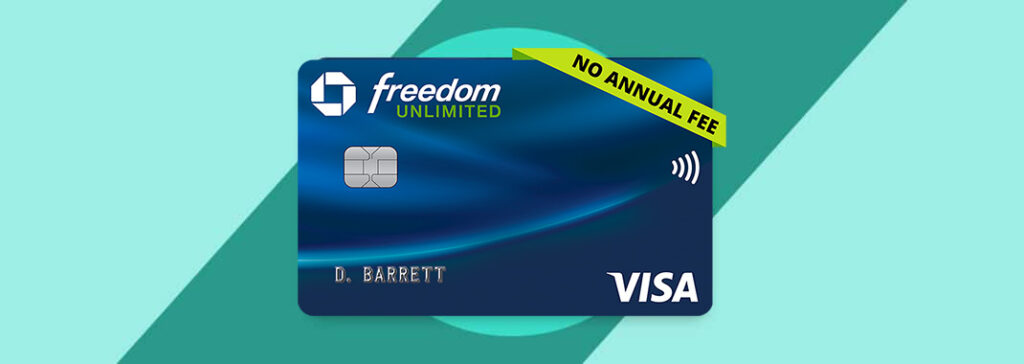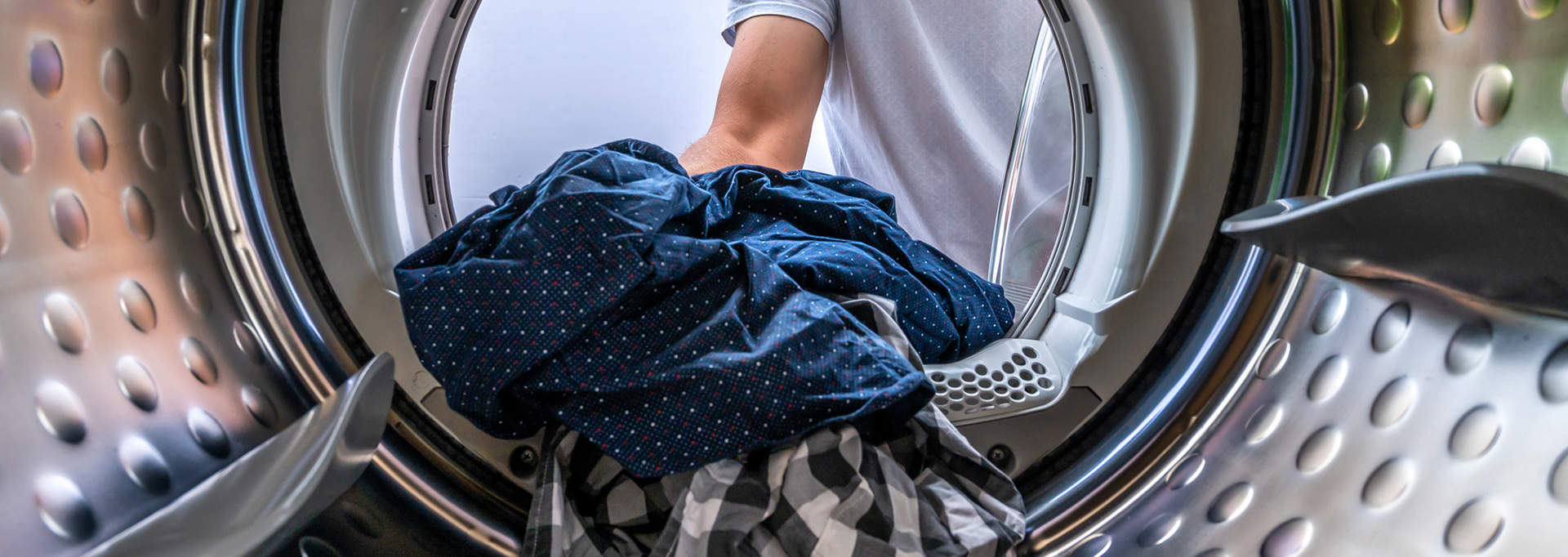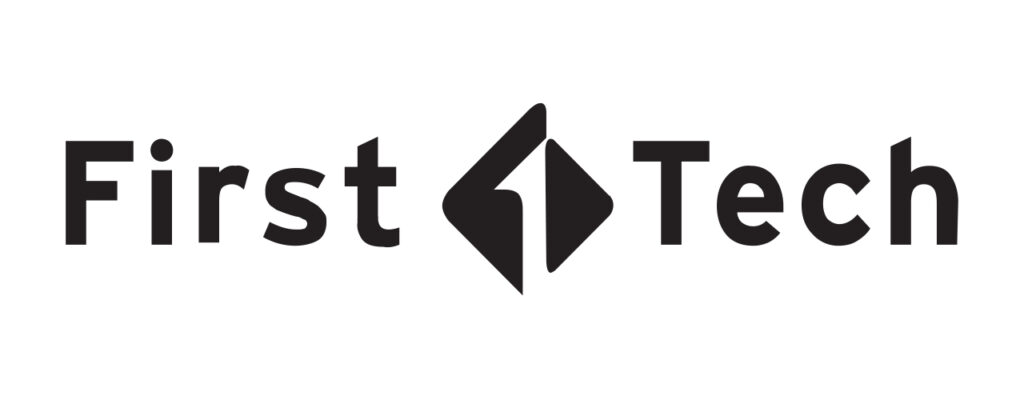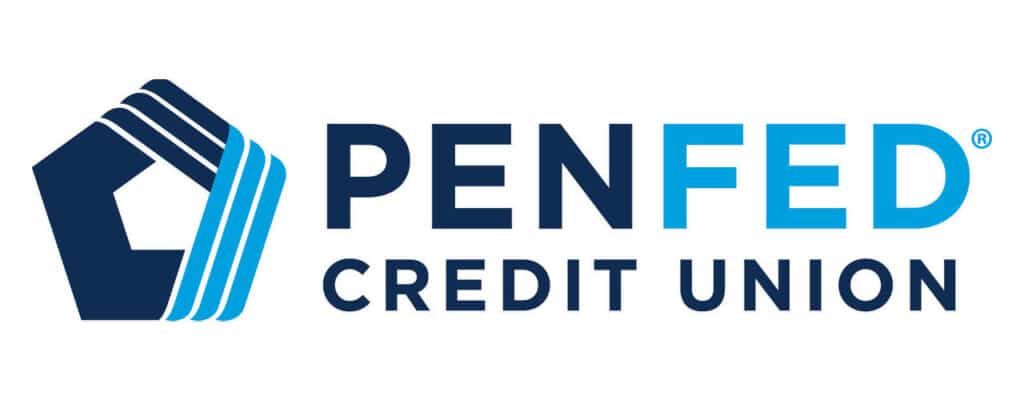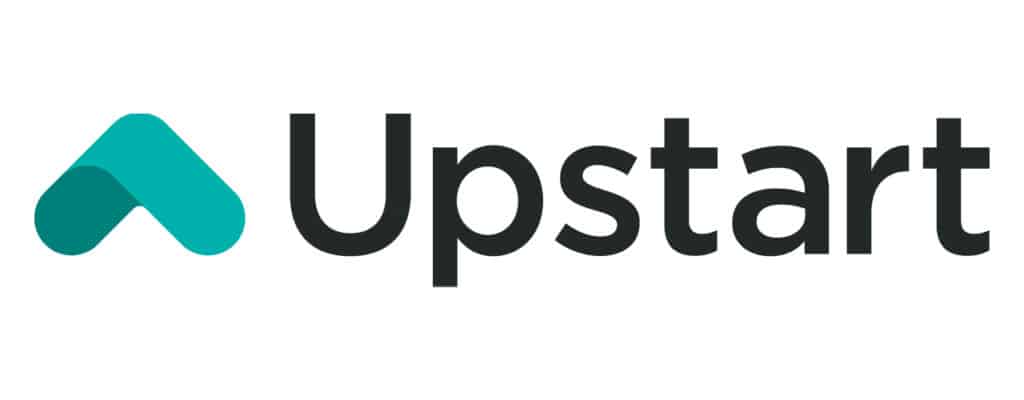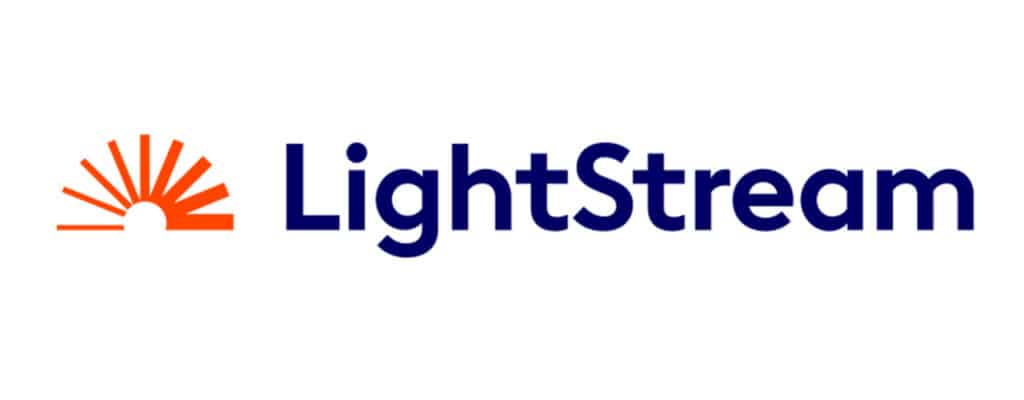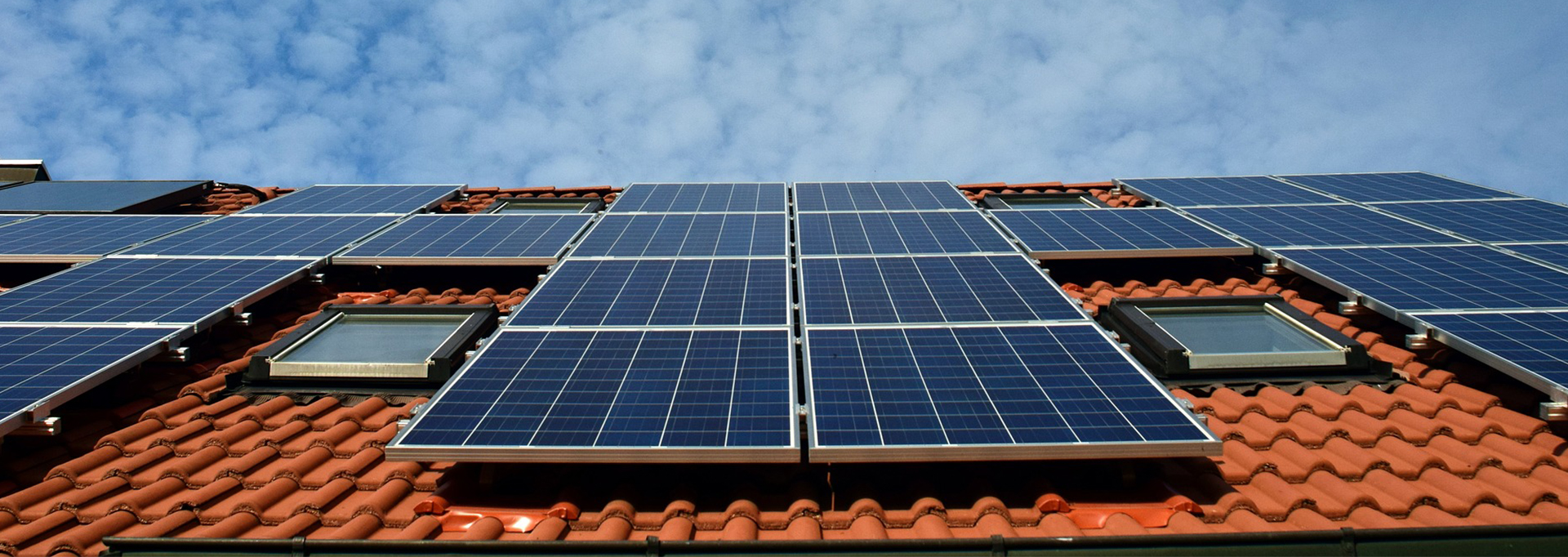Most products on this page are from partners who may compensate us. This may influence which products we write about and where and how they appear on the page. However, opinions expressed here are the author's alone, not those of any bank, credit card issuer, airline or hotel chain.
Replacing old appliances can give your kitchen or laundry room a much-needed upgrade. Beyond aesthetics and improved functionality, new appliances may also be more energy-efficient, helping you save on utility costs in the long run.
The one drawback is that new appliances may come with a high price tag, especially if you’re replacing a few simultaneously. Given appliance prices, financing is pretty common among homeowners, and plenty of options are available. Here’s what to know about appliance financing, how it works, and what options are available to you.
What is Appliance Financing?
Household appliance financing involves taking out a loan or line of credit to cover the cost of a new appliance. Homeowners commonly finance major appliance purchases like refrigerators, freezers, ranges, cooktops, dishwashers, hot water heaters, washing machines, and dryers. While financing larger appliances is common, it’s also possible to finance smaller appliances like microwaves or air conditioners, if doing so makes sense for your situation.
As you research financing options, keep in mind the following:
- Lenders may have both minimum and maximum amounts you can borrow.
- There are different rates and fees for different types of financing.
- Approval criteria for borrowers can vary by lender too.
What Are My Options for Financing Appliances?
If you’d like to finance new appliances, you may have several options, depending on your credit and financial situation. Options could include tapping into your home equity or applying for a personal loan, specialty credit cards through appliance retailers or manufacturers, or traditional credit cards. Unfortunately, no specific appliance loans exist, though personal loans may be marketed as appliance loans.
Each type of financing comes with benefits and drawbacks, so comparing available options can help you decide which is best for you. Here’s a look at common options for appliance financing, their qualification requirements, pros and cons, and who each is best for.
| How to Qualify | Pros & Cons | Best for | |
|---|---|---|---|
|
Home equity loan |
|
Pros
Cons
|
Homeowners with equity who know exactly how much they need to borrow. |
|
HELOC |
|
Pros
Cons
|
Homeowners with equity who have ongoing financing needs. |
|
Personal loan |
|
Pros
Cons
|
Individuals with decent credit who know how much they need to borrow. |
|
Store or specialty credit card |
|
Pros
Cons
|
Individuals seeking deferred interest who can repay their balance before that period ends. |
|
Credit card |
|
Pros
Cons
|
Individuals who can repay their monthly balances and use credit card rewards. |
How to Choose the Best Financing Option
As mentioned, it’s smart to compare appliance financing options, as everyone’s situation is different and the right choice for you might not be the best for someone else. Here’s what to look at as you shop around for the best financing for your new appliances:
- Interest rates: Different financing options come with different interest rates. In general, HELOCs, home equity loans, and personal loans may have lower rates than credit cards. Some credit cards may offer deferred interest or a promotional period where you won’t need to pay interest. After 12-18 months, the card’s regular interest rate applies.
- Fees: Fees are another consideration. Common fees include closing costs, origination fees, late payment fees, and prepayment penalties. Fees can vary depending on your financing option, but watch out for hidden costs as you compare.
- Borrowing amounts: Depending on your situation, you may only qualify for a certain loan amount or be offered a certain credit limit if you choose to open a new credit card. Consider the amount you will qualify for and whether that will cover the cost of your appliance.
- Repayment terms: A range of repayment terms are available, depending on your chosen financing option. For instance, home equity loans may have repayment terms for up to 30 years, but personal loans typically have shorter terms.
- Funding timelines: Funding timelines also vary. Tapping into your home equity can take a month or more, while getting a personal loan may take only a few days.
Even if you’re in an emergency situation and need to replace an appliance fast, avoiding predatory loans like payday or car title loans is best. These loans come with exorbitant costs, making them difficult or impossible to repay.
Personal loans from traditional or online lenders are typically a better—and much cheaper—borrowing option than payday or car title loans. Funding timelines are typically short too, with loan funds available just days after approval.

What is Buy Now, Pay Later Financing?
Best Personal Loans for Appliance Financing
If you've decided that a personal loan is the right choice to finance your next appliance purchase, here are some options to consider:
- Best for Long Repayment Terms: LightStream
- Best for Small Loans: First Tech Federal Credit Union
- Best for Low Average Interest Rates: PenFed Credit Union
- Best for Poor or Fair Credit: Upstart
Loan results will vary based on creditworthiness, loan purpose, loan amount, and other factors.
Best for Small Loans: First Tech Federal Credit Union
First Tech offers loans as small as $500 for borrowers seeking a small sum to finance a basic appliance.
First Tech Federal Credit Union
- Loan Amounts$500 - $50,000
- Loan Terms24 - 84 months
- APR RangeStarting at 8.94%
- Minimum
Credit ScoreNot disclosedA credit score is used to indicate the creditworthiness of an applicant, but it is only one of several factors considered for approval. These credit scores alone are not guarantees for approval and should only be used as guidelines.
First Tech Federal Credit Union’s personal loans are available for employees of certain tech companies, and come with no origination fees and decent repayment terms. However, this lender doesn’t disclose its credit score requirements or maximum APR.
Overview
Personal loans from First Tech Credit Union feature no origination fees or prepayment penalties, and prospective borrowers can check their rates and terms first before applying without hurting their credit. This lender indicates that online applications take just a few minutes and its loan decisions are made relatively quickly, though it doesn’t specify how long it takes to disburse loan funds. First Tech doesn’t disclose its credit score requirements either, but it does mention that it offers products for borrowers of all credit types. If approved for a personal loan, you can opt to defer your first payment for up to 45 days, which is a unique perk that sets First Tech apart from competitors.
Pros
- May work with nonprime borrowers
- Prequalification option available
- Small loan amounts available
- No application fee, origination fees or prepayment penalties
- Able to defer first payment up to 45 days from funding date of loan
Cons
- Maximum APR not disclosed
- Must be a qualifying member to get a personal loan
Best for Low Average Interest Rates: PenFed Credit Union
PenFed offers very low annual percentage rates (APRs) compared to competitors, with low minimums and low maximum rates.
PenFed Credit Union
- Loan Amounts$600 – $50,000
- Loan Terms12 – 60 months
- APR Range7.99% – 17.99%
- Minimum
Credit Score700 or aboveA credit score is used to indicate the creditworthiness of an applicant, but it is only one of several factors considered for approval. These credit scores alone are not guarantees for approval and should only be used as guidelines.
PenFed offers no fees and small personal loans as low as $600.
Overview
While you will need to become a PenFed member if you decide to get a personal loan there, anyone can apply for membership and the process is quick and simple. Many lenders have relatively high minimum loan amounts, but PenFed offers loans as small as $600, with no origination fees and competitive APRs. If you’d like to view personal loan rates with PenFed, you can do so without impacting your credit score.
Pros
- Pre-qualification is available
- No origination fee, hidden fees or prepayment penalties
- Borrow as little as $600
- Allows co-borrower
- Funding as early as 1-2 business days after approval
Cons
- Must be a member to receive the loan
- No option for direct payment to creditors for debt consolidation
Best for Poor or Fair Credit: Upstart
Unlike many competitors, Upstart requires a minimum credit score of 300, though borrowers will need to meet other criteria to qualify for its loans.
Upstart
- Loan Amounts$1,000 – $50,000
- Loan Terms36 or 60 months
- APR Range7.8% - 35.99%
- Minimum
Credit Score300 or aboveA credit score is used to indicate the creditworthiness of an applicant, but it is only one of several factors considered for approval. These credit scores alone are not guarantees for approval and should only be used as guidelines.
Using artificial intelligence to help evaluate borrowers, Upstart is a unique lending platform that looks beyond your credit score for personal loan approval.
Overview
Upstart is a first-of-its-kind online lending platform that uses artificial intelligence to help make smarter lending decisions. This means the company considers factors beyond a borrower’s credit score to help determine creditworthiness. Upstart indicates its model has resulted in 43% lower rates for borrowers than traditional credit score models.
Beyond your credit score, Upstart will also look at your employment history, income and level of education when deciding whether to approve you for a loan. The company states that borrowers with credit scores as low as 300 might be able to get approved for a personal loan, though that loan may come with a relatively high APR.
Upstart’s rates are fairly competitive and loan funds are disbursed as soon as one business day after approval. This lender charges origination fees, so it’s important to read the fine print before applying.
Pros
- Considers factors beyond your credit score in lending decisions
- Loans up to $50,000
- Fast funding time
- Check rate without affecting credit score
- Low minimum credit score requirement
Cons
- No physical locations
- Limited repayment terms
- Has origination fees
- High maximum APR
- Not available in Iowa or West Virginia
Best for Long Repayment Terms: LightStream
LightStream offers repayment terms as long as 84 or 144 months, depending on how much you borrow for appliance financing.
LightStream
- Loan Amounts$5,000 – $100,000
- Loan Terms24 – 144 months
- APR Range7.49% – 25.49% (with autopay)
- Minimum
Credit Score660 or aboveA credit score is used to indicate the creditworthiness of an applicant, but it is only one of several factors considered for approval. These credit scores alone are not guarantees for approval and should only be used as guidelines.
LightStream is a solid online lender offering no fees, high loan maximums and low-rate personal loans for several purposes.
Overview
LightStream offers personal loans for several purposes, including debt consolidation, medical expenses, home improvement, weddings, car purchases and more, making this worth considering for those seeking flexibility. The lender offers relatively low rates compared to competitors, including autopay discounts. Its personal loans also have no origination fees or late fees, which can help keep borrowing costs low. However, borrowers will likely need to have good-to-excellent credit in order to be approved for a LightStream personal loan. Overall, it’s a good lender to add to your shortlist if you’re looking for flexible funding, no fees and a low APR. Lightstream may also disburse loans as soon as the same day you’re approved, making this lender a worthy choice if you need fast funding.
Pros
- Low minimum APR
- No origination fees, no late fees
- High loan maximum of $100,000
- Autopay discount
- Joint applications allowed
Cons
- Rates and terms vary by loan purpose
- No soft pull prequalification
- Must have good-to-excellent credit
- No physical branches
Is Appliance Financing Right for Me?
Whether appliance financing is a wise move for you depends on your situation.
Here are some important things to consider when deciding whether you should finance:
- Do you need a new appliance? If an essential appliance like your refrigerator fails, financing may be necessary. But if you’re simply looking to upgrade your appliances, saving money over time through a high-yield savings account may be a better option to avoid having to pay interest charges.
- What options do you qualify for? Individuals with excellent and good credit will typically have more options for financing than those with fair or poor credit. If you have less-than-ideal credit, you'll also face higher rates when you take out a loan.
- How much debt do you have? Your current debt will also play a role in deciding whether it makes sense to finance. If your debt burden is unmanageable or another monthly payment will break your budget, it may be best to wait to replace appliances, assuming waiting is feasible. If it isn’t, you may want to consider a no- or low-rate loan from a trusted relative.
Assess your overall financial situation and potential financing costs before making a decision.
Get The Most Bang for Your Buck with RewardsBest Rewards Credit Cards
Visit the Marketplace
Frequently Asked Questions
-
It may be possible to finance an appliance if you have bad credit, though doing so will likely be more difficult. Lenders offer fewer options for borrowers with poor credit, and available options may carry higher rates.
-
The cheapest option depends on your situation. For those who can repay their balance by the end of a 12- to 18-month initial interest rate period, a 0% APR credit card may be the cheapest way to finance an appliance. However, those with excellent credit who prefer a longer repayment term may find that a home equity loan, HELOC, or personal loan works better.
-
There’s no specific credit score needed for appliance financing. Individual lenders or card issuers set credit score requirements, so they can vary depending on the financing option you choose. Those with good or excellent credit generally have more options and receive better rates.
-
Prequalifying for a new credit line or loan will generally result in a soft credit check, which won’t impact your credit. But when you submit a formal loan application or credit application, your credit card issuer or lender will do a hard credit pull. This can hurt your credit score by a few points, usually for about a year.
Beyond that, how you manage repayment will dictate the impact on your credit. For example, if you make monthly payments on time and in full, your credit score will likely improve. But if you miss payments or pay late, it could hurt your credit score.
